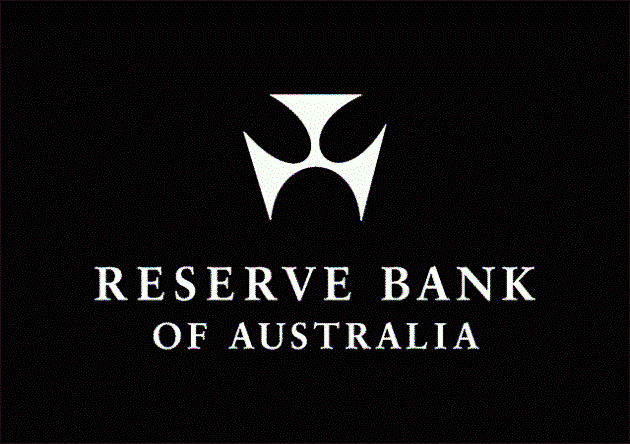The Reserve Bank of Australia (RBA) left the cash rate unchanged at a record low of 0.25 percent during its April meeting as the country grapples with the economic fallout from the COVID-19 outbreak. Policymakers said they will not increase the cash rate until progress towards full deployment is made and they are confident that inflation will be sustainable within the target of 2–3%.
As had been widely anticipated, the RBA joined the quantitative easing (QE) club after holding an emergency meeting on March 18. The RBA is one of the few central banks among advanced economies that was not dragged into the world of quantitative easing during the 2008 financial crisis. But having already been bruised by the US-China trade dispute, it was clear the Australian economy would not be as fortunate in the current pandemic crisis.
Australia joins QE parade
RBA Policymakers had been hinting at QE for some time now as rates moved dangerously close to zero after the Bank cut the cash rate three times in 2019 to cushion the economy from the damaging US-China trade war. With no hunger for negative interest rates and a clear indication that the lower bound of interest rates is 0.25%, further measures by the RBA will likely comprise of changes to its QE program, and additional support for the banking system to maintain cheap lending.
The RBA’s QE scheme is different to that adopted by most other central banks and resembles more closely the Bank of Japan’s quantitative and qualitative easing (QQE) program whereby it targets the yield on government bonds rather than setting a specific amount of purchases. The RBA’s target is to keep the yield on 3-year Australian government bonds (AGB) at 0.25%.
Aussie dollar appreciates further
The Australian dollar appreciated more than 1% to a one-week high of $0.61 on Tuesday, as investors turned to riskier currencies amid signs of a slowdown in coronavirus-related deaths. The RBA left its cash rate unchanged at a record low of 0.25% on Tuesday and warned that a very large economic contraction is expected to be recorded in the June quarter. The RBA also indicated that it would slow the pace of its bond buying as the functioning of the bond market has improved since it launched its quantitative easing program. Still, the Aussie dollar has been trading below 0.63 since the second part of March, a level not seen since 2003, and the country is likely to face a deep recession due to the coronavirus outbreak.
RBA statements positively affect 10-year bonds
Australia’s 10-year government bond yield rose to 0.97% today after the RBA reported that the functioning of the bond market has improved since the launch of its quantitative easing program on March 20th and that it was likely that smaller and less frequent purchases would be required. The Central Bank has bought around AUD 36 billion of government bonds in secondary markets, including bonds issued by the states and territories since the bond-buying program was launched. Meantime, the 3-year bond yield traded at 0.27%, slightly above the central bank's 0.25% target.
Material contraction in economic activity
Having only just launched its bond purchases, it’s probably too soon for the RBA to deem it necessary to adjust the program even as it warns of a “material contraction in economic activity.” However, if the virus fallout does not subside quickly enough, which seems likely, additional options could be necessary for policymakers.
At the moment, it could start targeting longer-term yields to broaden the range of Australian government bonds that it buys. Furthermore, it could also widen the type of assets to purchase by including corporate bonds like other central banks already do. Additionally, the RBA could tweak its term funding facility for banks by making it more generous.
But these measures will likely be saved for a rainier day. At present, the situation in Australia is not quite as dire as in many other countries, and together with the government’s fiscal stimulus package, the RBA may think the economy has enough support to ride out the virus storm.
